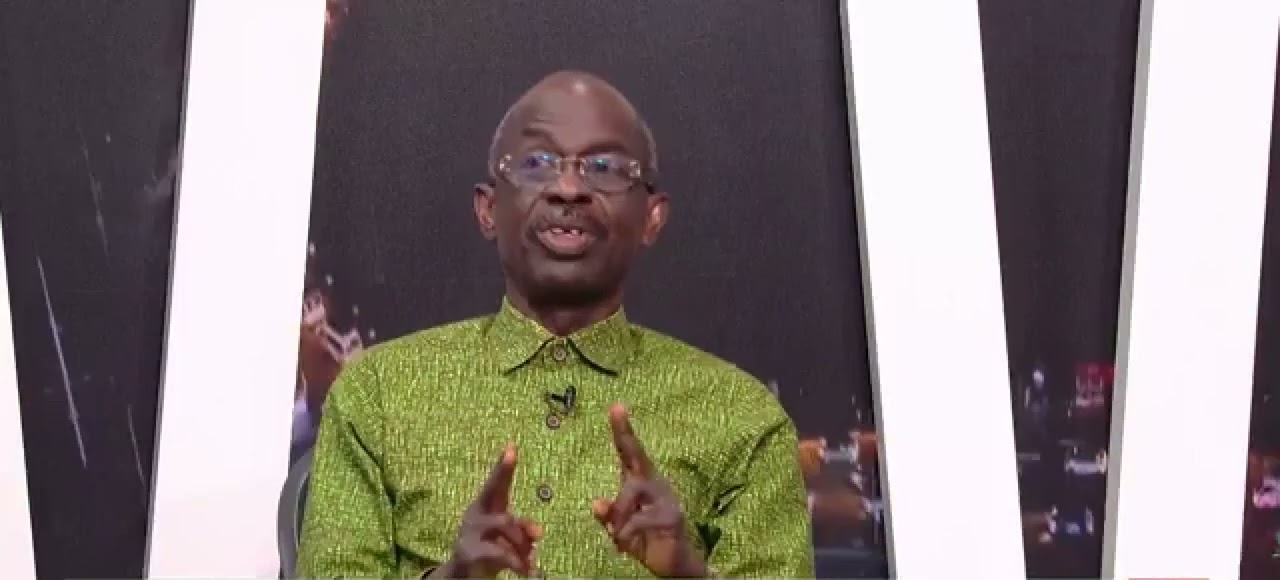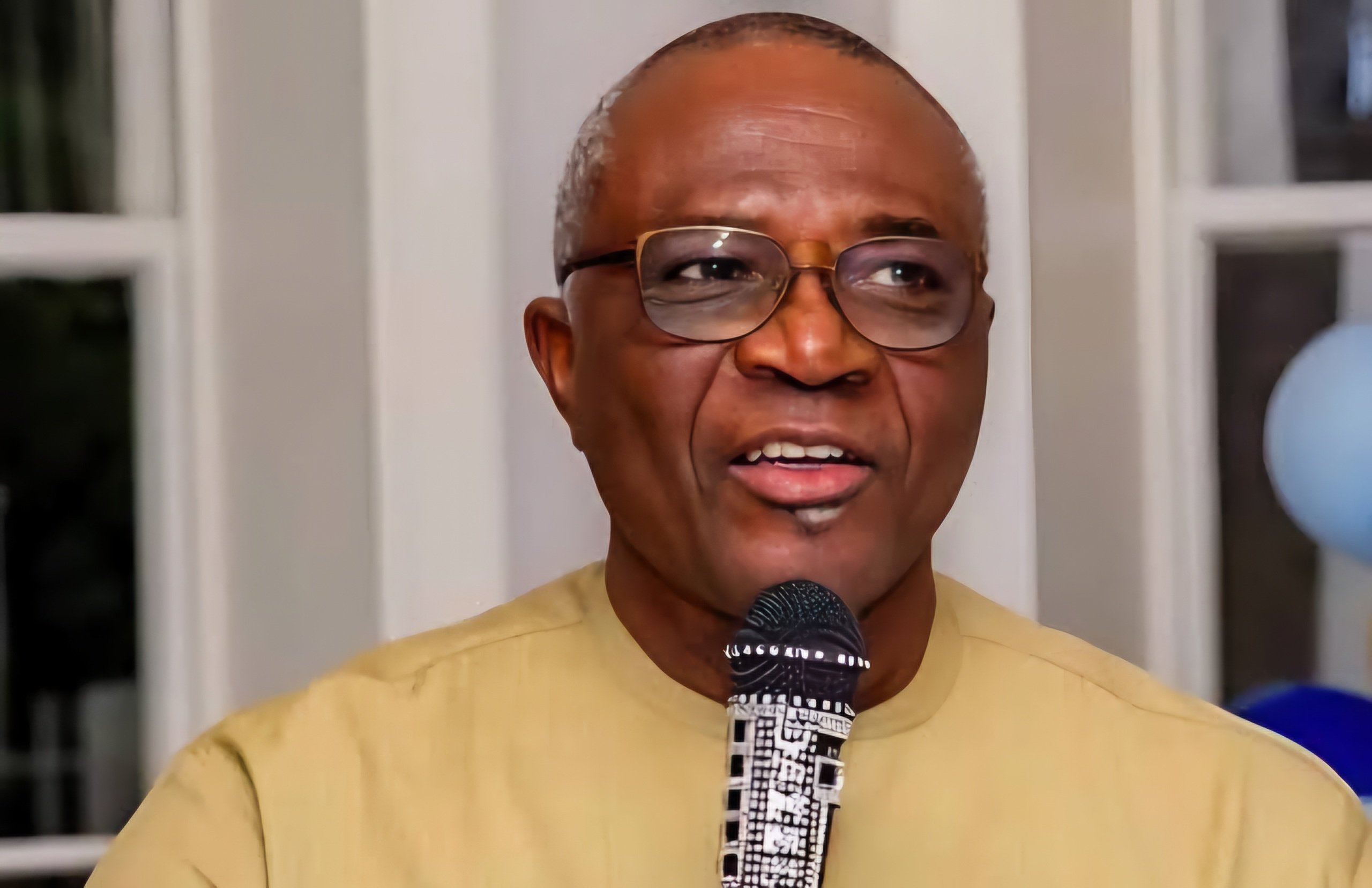Senate Public Hearing on Constitution Review in Lagos

The Senate commenced a two-day public hearing in Lagos as part of its ongoing efforts to review the 1999 Constitution of the Federal Republic of Nigeria (as amended). This crucial event, held at the WaterCrest Hotel in Ikeja, serves as a vital platform for stakeholders from the South-west geopolitical zone to engage in deliberations on wide-ranging proposals, aiming to strengthen Nigeria’s governance structures through inclusive stakeholder engagement.
Similar public hearings are being conducted simultaneously across other geopolitical zones, with the exception of the North-west, where proceedings were postponed following the recent demise of prominent Kano businessman and philanthropist, Alhaji Aminu Dantata. Senator Opeyemi Bamidele, the Leader of the Senate and Chairman of the South-west Zonal Constitution Review Committee, emphasized the significance of these sessions, highlighting their role in allowing Nigerians to contribute to critical issues affecting the country's governance.
The Senate Constitution Review Committee, a 45-member body, was inaugurated on February 14, 2024. Chaired by the Deputy Senate President, Senator Barau Jibrin, with Senator Bamidele serving as Vice Chairman, the committee has received numerous memoranda. These submissions cover key areas of national interest such as security and policing, judicial and institutional reforms, local government autonomy, fiscal federalism, the role of traditional institutions, and electoral integrity, all slated for public discourse during these hearings.
Among the prominent proposals is a bill advocating for the establishment of state police and other state-level security agencies, aimed at bolstering internal security and decentralized policing. Complementing this, another seeks the creation of a State Security Council in each state to advise governors on matters of public safety and security, fostering better coordination within the federating units.
Further proposed amendments include the transfer of key responsibilities such as labour, industrial relations, industrial disputes, and minimum wage from the Exclusive Legislative List to the Concurrent Legislative List. This alteration would empower both federal and state governments to legislate on these crucial matters. Similarly, a proposal seeks to move control over interstate waterways to the Concurrent List, thereby granting both levels of government the power to manage shipping and navigation in inland waters, promoting more localized oversight.
To ensure equity and democratic inclusion at the grassroots, one significant bill recommends that each local government area (LGA) should have at least one representative in the State House of Assembly. This measure, as noted by Senator Bamidele, is designed to ensure that residents of all LGAs benefit directly from state-level legislative decisions and have a voice in governance, attracting democratic dividends to their communities.
In the area of electoral reforms, several proposals have been submitted. These include allowing independent candidacy for qualified citizens to elective positions and enabling Nigerians in the diaspora to participate in voting, thereby broadening democratic participation. Other submissions call for consequential reforms in the nation’s fiscal operations, notably the reduction of the period a President or Governor may authorize withdrawals from the Consolidated Revenue Fund in the absence of an Appropriation Act, from six months to three months. There is also a push to revise the existing derivation formula by including other revenue streams generated within each state of the Federation, alongside proposals to empower political parties to internally resolve pre-election disputes, potentially reducing the burden on the judiciary and streamlining electoral processes.
On the contentious issue of local government creation, the Senate has received 18 requests for new LGAs nationwide. These requests are distributed across geopolitical zones as follows: seven from the North-west, five from North-central, one from the North-east, three from the South-south, one from the South-east, and one from the South-west. Additionally, numerous requests for the creation of new states have also been submitted, totaling 35 based on the detailed zonal breakdown provided by Senator Bamidele. This breakdown includes six from the North-west, eight from North-central, five from the South-east, six from the North-east, six from the South-south, and four from the South-west.
Senator Bamidele reiterated the Senate’s steadfast commitment to conducting a transparent and participatory review process. He underscored that the ongoing public hearings, particularly the one in Lagos, present a unique and vital opportunity for Nigerians to shape constitutional reforms that genuinely reflect their aspirations and values for a more effective and equitable governance structure, ensuring a constitution that truly serves the nation.









